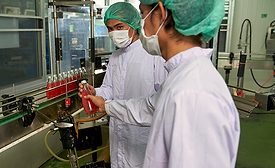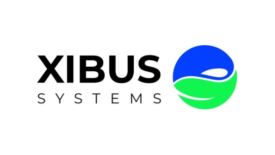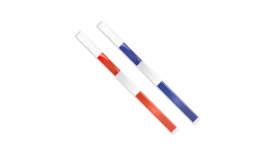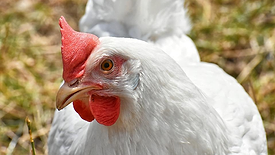Testing & Analysis
Food processors are now focusing on projects and priorities put on hold during the pandemic, including maintaining or adding to food safety certifications
Read More
Determining Microbiological Performance Standards for Food Safety
A 5-log pathogen reduction is generally adopted as a good starting point, but it may not be applicable to all products and processes
August 15, 2022
BIZTRACKS
bioMérieux to Conduct Salmonella Quantification in Poultry for FSIS
July 11, 2022
Never miss the latest news and trends driving the food safety industry
eNewsletter | Website | eMagazine
JOIN TODAY!Copyright ©2025. All Rights Reserved BNP Media.
Design, CMS, Hosting & Web Development :: ePublishing






.png?height=168&t=1657568786&width=275)




